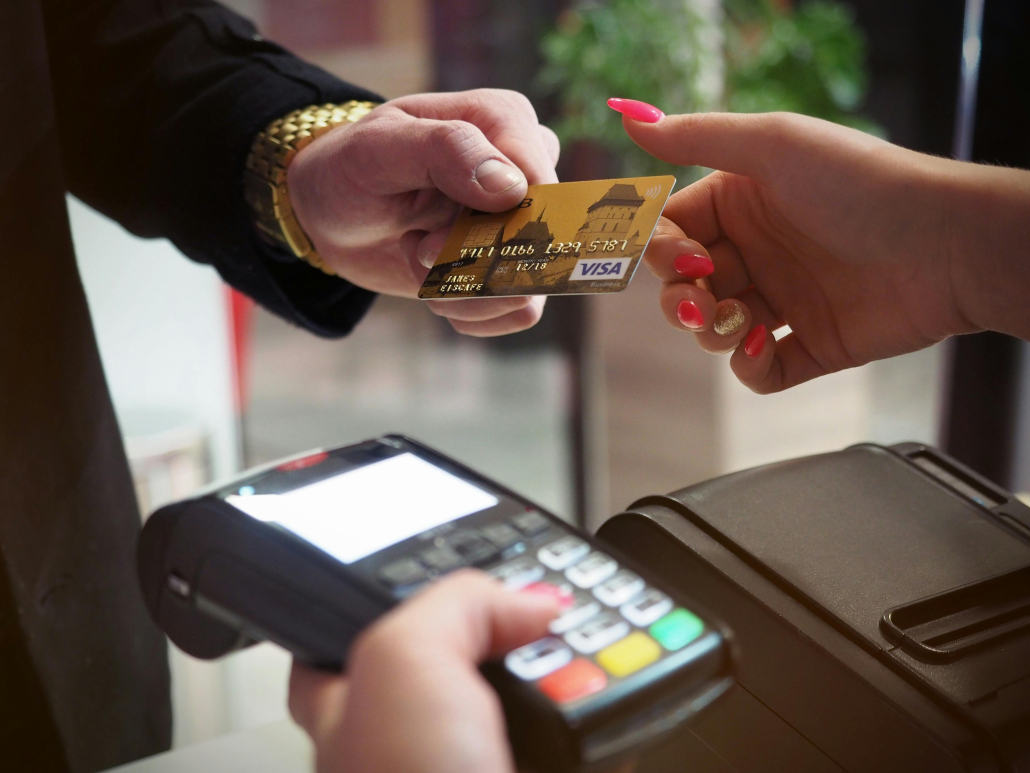PublishedMarch 17, 2025
Use Credit Cards Wisely: Tips for Smart and Responsible Spending
Credit CounselingDebt ReliefFinancial Planning

Credit cards can be a powerful financial tool when used correctly, but they can also lead to overwhelming debt if mismanaged. Understanding best credit card practices, credit card interest rates, and how to avoid credit card debt can help you make informed financial decisions. In this guide, we’ll explore responsible credit card use, ways to maximize credit card rewards, and how to pay off credit cards efficiently.
Using credit cards wisely can help you:
One of the most important credit card tips is to pay your balance in full each month. Carrying a balance leads to interest charges that can quickly add up. Paying in full helps you avoid credit card debt and keeps your finances under control.
Credit card companies charge interest on unpaid balances, often at high rates. Before using a card, review the credit card interest rates to ensure you’re aware of potential costs. If you must carry a balance, consider a card with a low APR to minimize interest expenses.
Many cards offer rewards like cashback, travel miles, or points for purchases. To make the most of credit card rewards:
Credit utilization—the percentage of your credit limit that you use—affects your credit score. Aim to keep your utilization below 30% to maintain a strong financial standing. Low utilization signals to lenders that you practice responsible credit card use.
To avoid missed payments and late fees, set up automatic payments or reminders. Late payments can negatively impact your credit score and lead to penalty interest rates.
If you already have debt, here are some effective credit card payoff strategies:
To avoid credit card debt, practice these habits:
At APFSC, we offer expert guidance on responsible credit card use, credit card tips, and strategies to avoid credit card debt. Whether you need help with how to pay off credit cards or want to understand credit card interest rates, our team is here to support you.
📞 Ready to take control of your credit? Contact APFSC today!
When managed wisely, credit cards can be a valuable financial tool. By following best credit card practices, keeping track of credit card interest rates, and implementing smart credit card payoff strategies, you can maintain financial stability and enjoy the benefits of credit without the risks of debt. Stay informed, spend responsibly, and build a secure financial future!
Blogs
Stay informed with expert tips, financial strategies, and the latest insights to help you take control of your financial future.